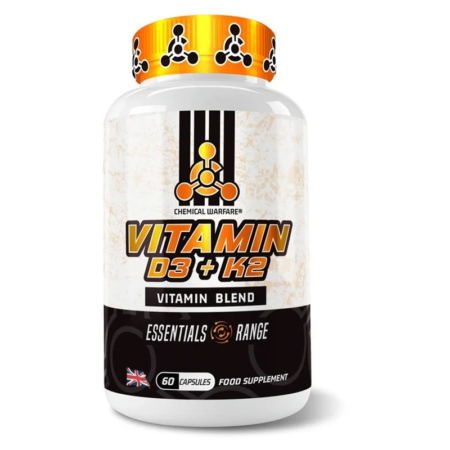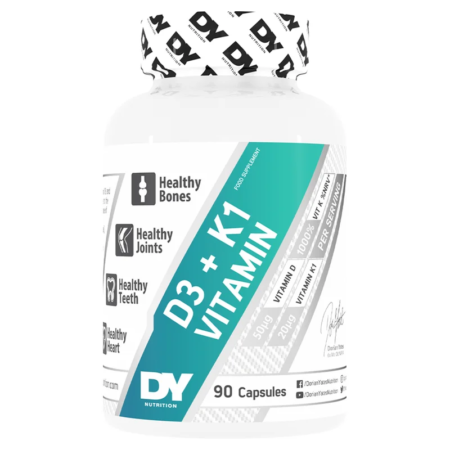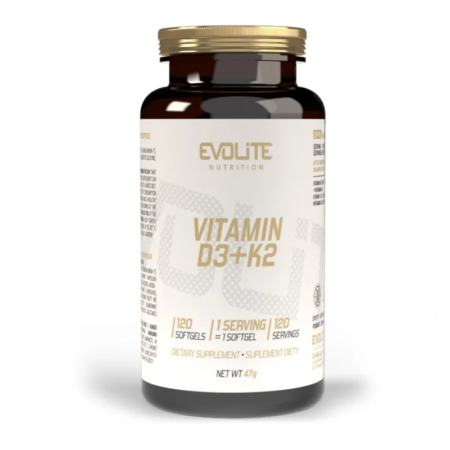Vitamin K
Vitamin K is an essential nutrient that plays a crucial role in our body’s health. It is especially important for blood clotting, which helps prevent excessive bleeding when we get injured. Additionally, it is vital for maintaining strong bones and supporting bone density. Without adequate Vitamin K, our bodies would struggle to heal wounds, and our bones could become weak and brittle over time.
This vitamin also aids in calcium regulation, ensuring that calcium is properly utilized in the body. Beyond these roles, it contributes to arterial health and supports a healthy liver function, making it an indispensable part of our diet. Incorporating Vitamin K-rich foods into your meals can have long-lasting positive effects on your overall health.
What is Vitamin K?
It is a fat-soluble vitamin that is necessary for the synthesis of proteins involved in blood coagulation. It exists in two main forms: K1, found in green leafy vegetables, and K2, which is produced by bacteria in the human gut and found in some animal-based and fermented foods. These forms play different roles but are both crucial for maintaining good health.
Beyond its well-known role in blood clotting, it is also involved in maintaining bone health. It helps to modify bone proteins, enabling them to bind calcium, thus supporting bone density and strength. This makes Vitamin K critical for overall skeletal health. Ensuring adequate intake of this can help reduce the risk of fractures and osteoporosis as we age.
Vitamin K Benefits
There are numerous benefits for your diet. This vitamin not only supports essential bodily functions but also promotes overall well-being. By aiding in calcium regulation, it ensures that calcium is deposited in the bones rather than in the arteries, thus supporting arterial health and preventing calcification. Its anti-inflammatory properties further contribute to a healthy cardiovascular system and reduce the risk of chronic diseases.
It also plays a role in skin health and may help improve wound healing. It’s important for brain health too, potentially aiding cognitive function and protecting against neurological diseases. Including a variety of Vitamin K-rich foods in your diet is an easy way to take advantage of these benefits and support your body’s overall health.
- Supports proper blood clotting to prevent excessive bleeding from injuries.
- Enhances bone strength by improving calcium binding in bones.
- Ensures effective calcium regulation throughout the body.
- Promotes arterial health by preventing calcium deposits in arteries.
- Offers anti-inflammatory benefits, supporting overall heart health.
- Assists in maintaining a healthy liver function.
- Vital for synthesizing proteins necessary for various bodily functions.
- Supports healthy aging by maintaining strong bones and a healthy cardiovascular system.
- Helps in reducing the risk of chronic diseases through its various health benefits.
Vitamin K Side Effects
It is generally safe for most people when taken in appropriate amounts. However, like any nutrient, it can cause side effects if not used properly. Some people may experience allergic reactions, such as itching or rashes. High doses of Vitamin K might interfere with certain medications, especially blood thinners. It is important to consult a healthcare provider before starting any new supplement regimen to avoid adverse effects. Remember that balance is key, and more is not always better when it comes to vitamins.
What are the 2 types of vitamin K?
Vitamin K comes in two main forms: Vitamin K1 (phylloquinone) and Vitamin K2 (menaquinone). Vitamin K1 is primarily found in leafy green vegetables like spinach and kale, while Vitamin K2 is found in fermented foods and animal products such as cheese and meat. Vitamin K1 is crucial for blood clotting, whereas Vitamin K2 plays a vital role in bone health and cardiovascular health.
According to Dr. Kate Rheaume-Bleue, a well-known nutritionist, “Vitamin K2 is essential for directing calcium to the right places in the body, like bones and teeth, and away from the arteries where it can cause harm.” Thus, while both forms are important, their functions and sources are distinct, highlighting the need for a varied diet.
How Much Vitamin K Do We Need?
The recommended daily intake varies by age and gender. For adults, the adequate intake (AI) is 120 micrograms per day for men and 90 micrograms per day for women. For example, one cup of raw spinach provides about 145 micrograms of Vitamin K, easily meeting the daily requirement for most adults.
It’s important to note that people on certain medications, particularly blood thinners like warfarin, need to monitor their Vitamin K intake closely to maintain consistent levels. According to the National Institutes of Health, “Sudden increases or decreases in Vitamin K intake can affect the medication’s efficacy.” Always consult with a healthcare provider to determine the right amount for your individual needs.
Should I take a supplement?
Whether or not you should take a Vitamin K supplement depends on your diet and health status. For most people, a balanced diet provides sufficient. However, certain individuals, such as those with malabsorption disorders or those on long-term antibiotics, might require supplements. Remember, getting nutrients from food sources is generally preferred over supplements for better absorption and overall health benefits.
Vitamin K Food Sources
There are many natural sources that can help you meet your daily requirements. Vitamin K1 is abundant in green leafy vegetables. Here are some excellent sources:
- Spinach
- Kale
- Broccoli
- Brussels sprouts
On the other hand, Vitamin K2 is found in fermented foods and animal products. Examples include:
- Natto (fermented soybeans)
- Cheese
- Egg yolks
- Chicken liver
Including a variety of these foods in your diet can help ensure you get enough Vitamin. According to Dr. Weston Price, a pioneer in nutrition research, “Traditional diets rich in Vitamin K2 are associated with robust health and lower rates of chronic diseases.”
















